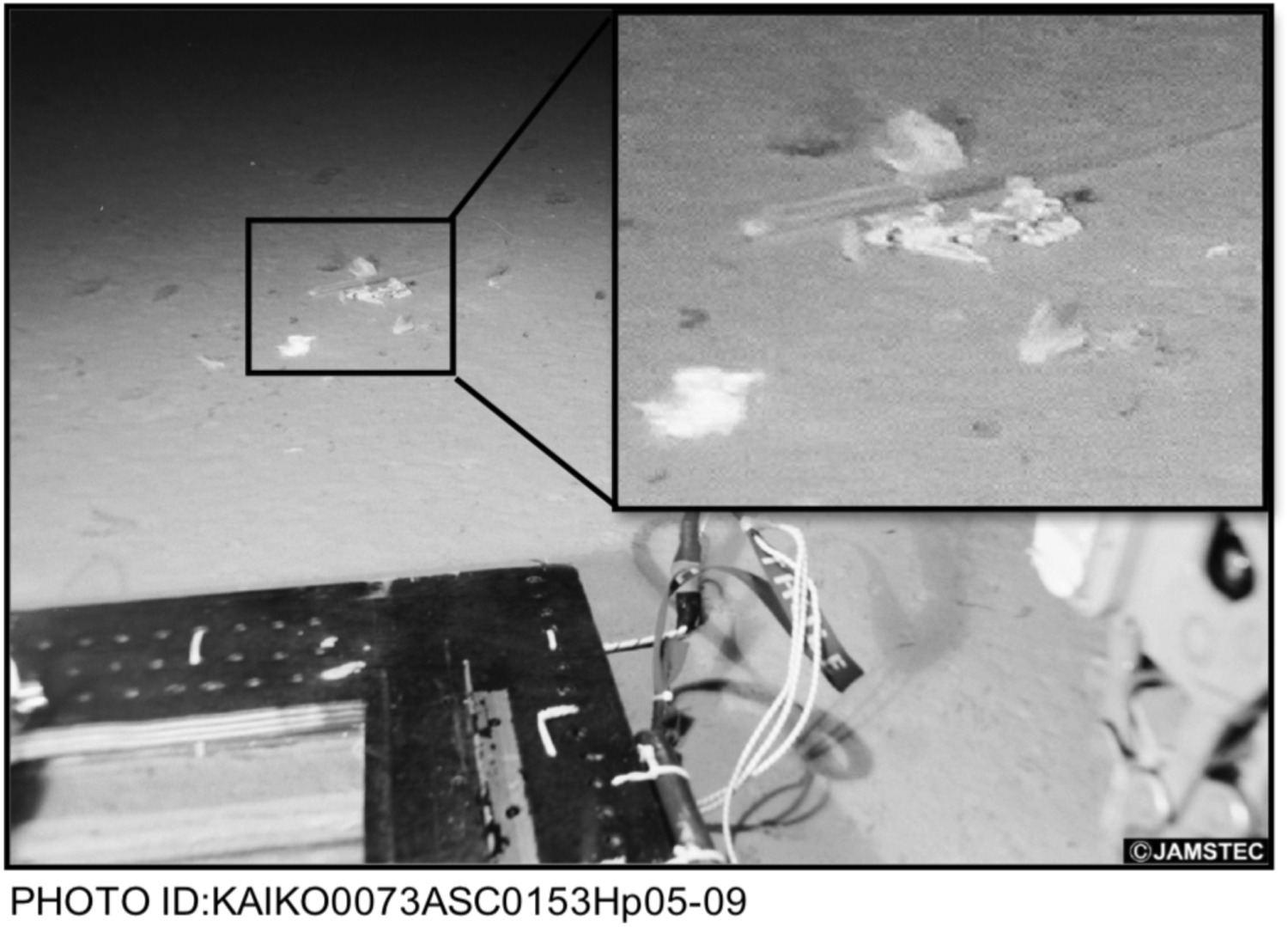Renewable and Sustainable Energy Reviews, Volume 94, October 2018
The concern regarding alternate sources of energy is mounting day-by-day due to the effect of pollution that is damaging the environment. Algae are a diverse group of aquatic organisms have an efficiency and ability in mitigating carbon dioxide emissions and produce oil with a high productivity which has a lot of potential applications in producing biofuel, otherwise known as the third-generation biofuel.
Current Opinion in Green and Sustainable Chemistry, Volume 13, October 2018
A brief review of Chilean policies on sustainability along with the academic efforts related to green chemistry, in order with this new scenario are discussed. Topics considered are extraction processes, new solvents, CO2 transformation and emerging photovoltaics materials.
Current Opinion in Green and Sustainable Chemistry, Volume 13, October 2018
Dealing with current and future global challenges, corporate social responsibility has become a key element for sustainable and responsible companies. Roquette, a family-owned group, leader in plant-based ingredients for Food, Nutrition and Health markets, has implemented a sustainable development approach applicable to all its worldwide activities. This “sustainable journey” is based on 4 pillars: sourcing, innovating, biorefining and acting.
Current Opinion in Green and Sustainable Chemistry, Volume 13, October 2018
This short review gives an overview of recent publications on public views on climate change, student views and misconceptions, and resources for making connections in the classroom and the laboratory between chemistry concepts and climate change concepts.
Neuron, Volume 100, 24 October 2018
Recent progress in the genomics of non-syndromic autism spectrum disorder (nsASD) highlights rare, large-effect, germline, heterozygous de novo coding mutations. This distinguishes nsASD from later-onset psychiatric disorders where gene discovery efforts have predominantly yielded common alleles of small effect. These differences point to distinctive opportunities for clarifying the neurobiology of nsASD and developing novel treatments.

